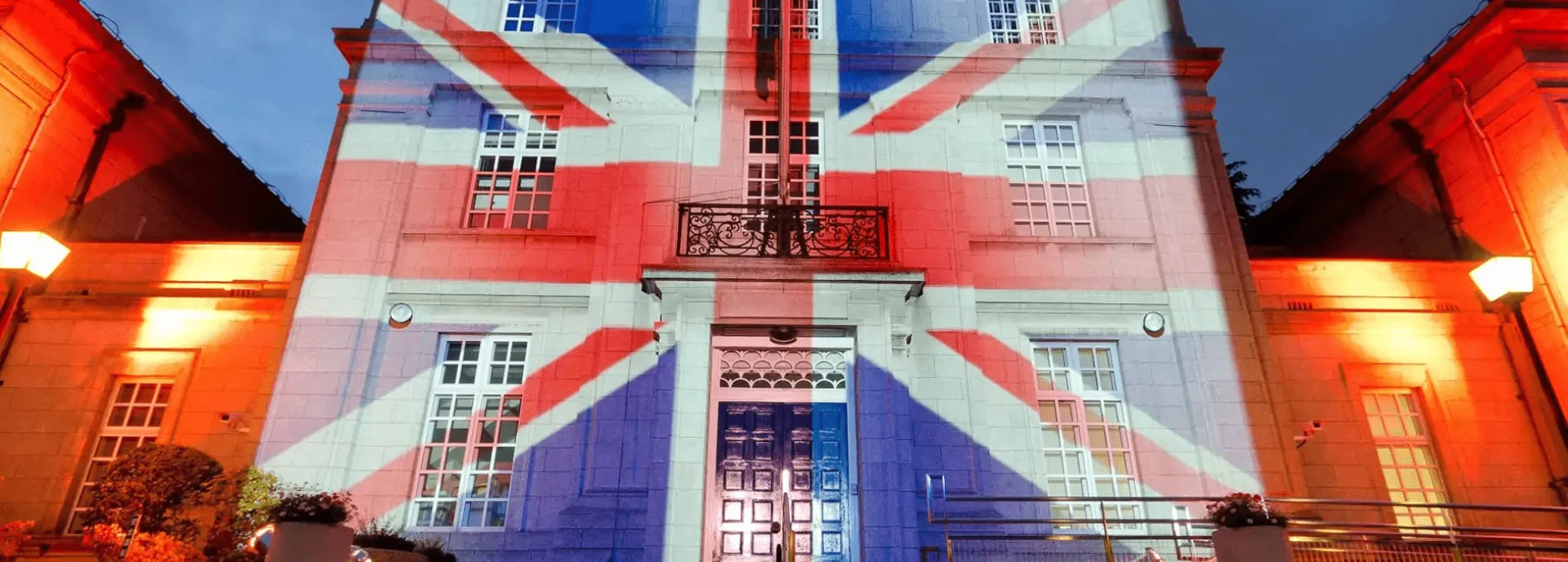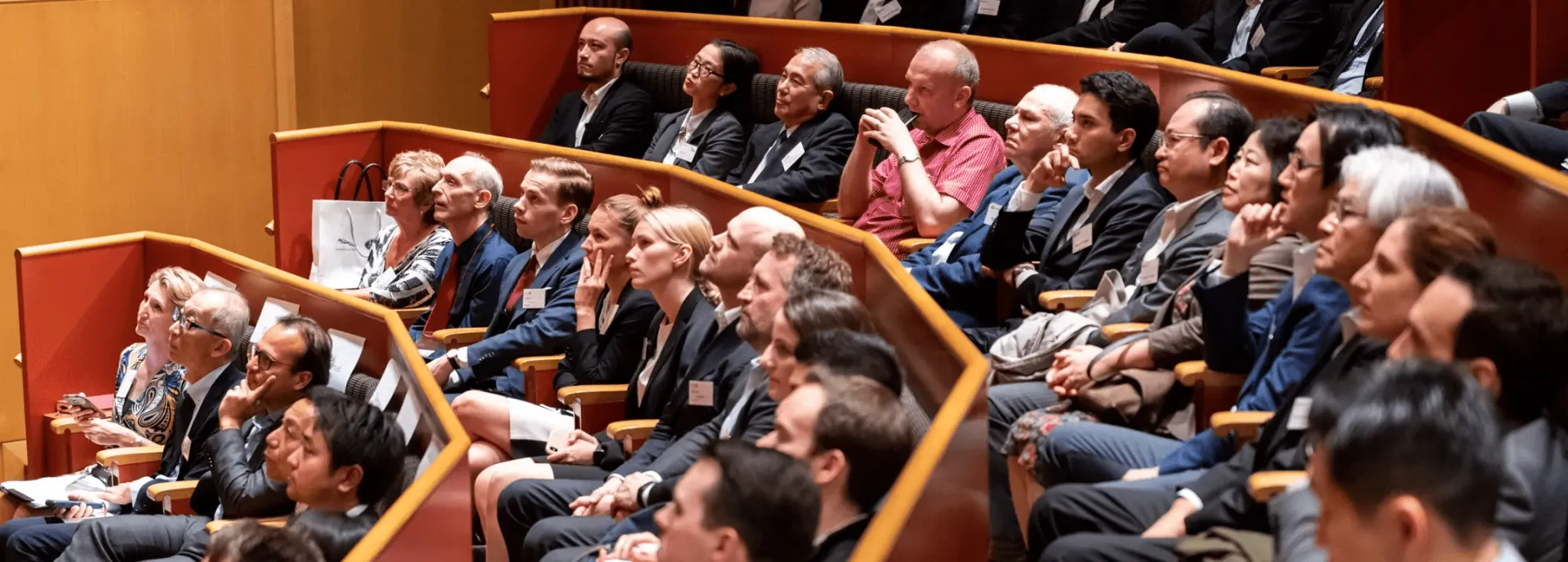Upcoming Events
16 Dec 2025 | 06:30 PM - 08:30 PM
Patina Osaka Hotel
Get into the holiday spirit with the second ACCJ–Kansai Christmas Charity Bash! Join us for a night filled with cheer, community, and charity at the luxury Patina Osaka hotel.
19 Jan 2026 | 12:00 PM - 02:00 PM
Hamarikyu, Conrad Tokyo
Join the BCCJ for a retail market keynote and fireside chat with ALLSAINTS CEO Peter Wood on APAC consumer trends and the future of fashion in Japan.
27 Jan 2026 | 12:30 PM - 02:00 PM
The British Chamber of Commerce in Japan
An action-packed hour of in-person practice, coaching, and feedback to help you speak with more clarity, confidence, and impact as a woman in business in Japan.

Latest Initiatives
The BCCJ is based in Tokyo, Japan, however our approach to commerce and member-relations…
A World Expo is a global event that showcases the achievements of world nations whilst…
At the BCCJ, fostering Diversity, Equity, and Inclusion (DEI) is not just a commitment—it’s…
The British Business Awards is Japan's largest awards night of UK-Japan business and…
Latest News
UK-based accessibility technology firm Transreport Limited has been awarded the British…
A mere nine months since its establishment, Tokamak Energy KK has demonstrated an impressive…
The British Chamber of Commerce in Japan (BCCJ) is delighted to welcome Senator International…
Walk Japan, a travel company specialising in walking tours that take visitors to off-the-…






















